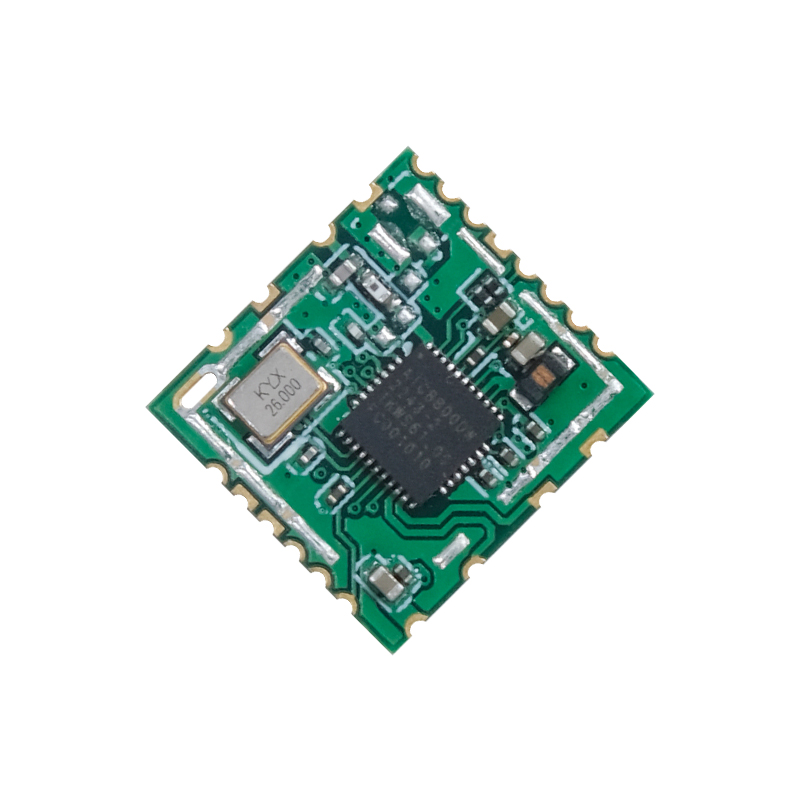In the age of wireless connectivity, WiFi modules have become integral components across diverse industries, revolutionizing the way devices communicate and enhancing our daily lives. From smart homes to industrial automation, the applications of WiFi modules are vast and varied. In this article, we'll explore the common applications of WiFi modules and how they contribute to seamless, wireless connectivity.

Smart Home Ecosystems:
As the smart home revolution continues to gain momentum, WiFi modules play a central role in connecting various devices within a home network. Smart thermostats, security cameras, doorbell cameras, lighting systems, and smart appliances rely on WiFi modules to communicate with each other and with the user's smartphone or central hub.
Internet of Things (IoT) Devices:
WiFi modules are the backbone of many IoT devices, enabling them to connect to the internet and communicate with other devices. Applications range from wearable devices and health monitors to environmental sensors and connected cars. The ubiquity of WiFi connectivity ensures seamless integration and data exchange within the vast IoT ecosystem.
Consumer Electronics:
WiFi modules are embedded in a myriad of consumer electronics, including smartphones, tablets, smart TVs, and streaming devices. These modules facilitate wireless internet access, enabling users to browse the web, stream content, and download updates without the need for physical cables.
Industrial Automation:
In industrial settings, WiFi modules are employed for real-time monitoring, control, and data acquisition. Machines and sensors equipped with WiFi modules can communicate wirelessly, improving efficiency, reducing downtime, and allowing for remote monitoring and control of industrial processes.
Healthcare Devices:
WiFi modules are increasingly integrated into healthcare devices, ranging from patient monitoring systems to medical imaging equipment. These modules enable the seamless transmission of patient data to centralized systems, facilitating remote monitoring and improving healthcare delivery.
Conclusion:
The applications of WiFi modules extend far beyond traditional internet connectivity. From transforming homes into smart environments to enhancing industrial automation and healthcare, WiFi modules are the enablers of seamless communication in our interconnected world. As technology continues to advance, we can expect even more innovative applications, further solidifying the role of WiFi modules in shaping the future of connectivity across diverse industries.
 Trolink Joint With Tuya to Make Iot Benefit Every Family
Trolink Joint With Tuya to Make Iot Benefit Every Family
 5 Key Indicators for WiFi Module Selection You Have to Know !
5 Key Indicators for WiFi Module Selection You Have to Know !
 IOT module is the brain of smart products
IOT module is the brain of smart products
 What is the signal coverage range of the WiFi module chip?
What is the signal coverage range of the WiFi module chip?